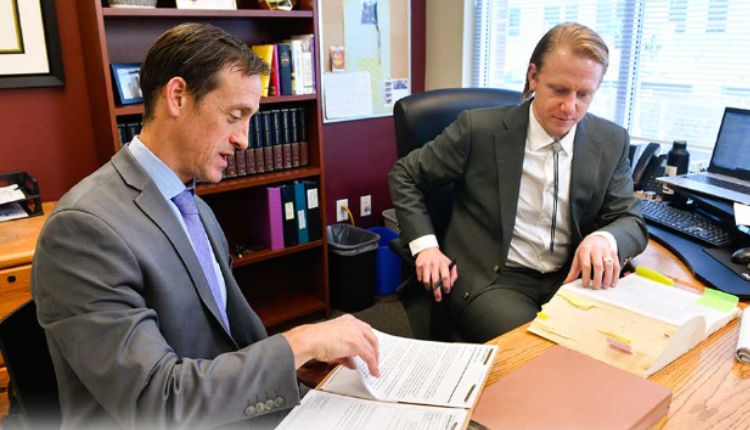Adjusting Status Through Family-Based Petitions
Many foreign nationals transition to legal permanent residency through family-based adjustment of status. These include immediate family members, spouses and children of US citizens and certain preference categories for those who have been sponsored by lawful permanent residents or naturalized citizens. Learn more about adjusting status through Family-Based Petitions.
Adjustment of status allows individuals in the United States to obtain their green cards without having to return to their home country for visa processing at a consulate abroad. However, the process can be complicated and requires expert assistance.
Immediate Relatives
Immediate family includes the spouses, unmarried children under 21 years of age, and parents of a U.S citizen. This term is defined differently under various laws and organizations, so it’s important to understand how your immigration case will be determined based on its definition under your specific circumstances.
For example, if an immediate relative is currently in the United States, and they have an approved petition, they can apply for adjustment of status (to become a permanent resident) from inside the country. In order to do this, the beneficiary must satisfy certain requirements and prove their admissibility. A preconceived intent to remain in the country at the time of entry as a non-immigrant may be a negative factor that can prevent an applicant from becoming a green card holder, even if they are otherwise admissible.
Immediate relatives are not subject to the yearly limit on immigrant visas, as is true of the families who file family preference petitions. They can also apply for employment authorization and advance parole simultaneously with their adjustment of status application.
K-1 Fiance(e)s
Foreign citizens can immigrate to the United States as K-1 fiance(e)s of U.S. citizens, and later adjust their status to become permanent residents. The K-1 visa enables the couple to travel to the United States and marry each other inside the country, or marry outside the country and then seek to immigrate through consular processing.
Both spouses must attend an interview with a U.S. consular officer. The interview is designed to verify the identity of the couple and to determine that their relationship is genuine. The officer will ask questions about your background and moral character, your family, and your plans for your future together as a married couple.
As of early 2023, it typically takes four to 15.5 months for USCIS to approve the Form I-129F, Petition for Alien Fiance(e), and another ten to 24 months for the NVC to schedule the interview (though processing times have been slower than usual because of the COVID-19 pandemic). Once your fiance(e) arrives in the United States on her K-1 visa, she can then apply to adjust her status to permanent resident.
Spouses of U.S. Citizens
Under current immigration law, U.S. citizens and permanent residents are permitted to petition for immigrant status for their spouses and children. The family member who files the petition is known as the Sponsor, and the spouse or child they are applying for is called the Beneficiary.
Generally, immediate relatives of citizens and permanent residents do not have to wait for a visa because they can pursue their residency through the Adjustment of Status process or at a U.S. Department of State consulate abroad. However, the large number of immigrants in the preference categories have created backlogs that require substantial waiting times for most of these family members.
Applicants in the F-2A and F-3 categories must have a sponsor. The sponsor must submit a form I-130 and execute a legally binding affidavit of support, guaranteeing that they will maintain the standard of living for their spouses and children in the United States. The fiance must travel to the United States on a K-1 visa and marry the Sponsor within 90 days of arrival.
Children of U.S. Citizens
The spouses, children under 21 years of age, and parents of U.S. citizens are eligible to obtain green cards through the family-based petition process. These individuals do not have to wait for a visa number in the queue, but they must meet all other requirements.
Historically, the principle of jus soli (right of the soil) provided that anyone born within the United States acquires citizenship. This includes people born in Guam, the Mariana Islands, and the U.S. Virgin Islands, as well as foreign-born children of enslaved parents, and even the children of American Indian tribes who are still under tribal sovereignty.
Congress has enacted laws to determine how citizenship is conveyed to persons born outside the United States. One way is by establishing that the parent was physically present in the United States or its outlying possessions for at least five years before the child’s birth. Another is by requiring that the father acknowledge his paternal responsibility in writing before the child reaches the age of 18. See USCIS Policy Manual, Volume 12, Part H, Children of U.S. Citizens




